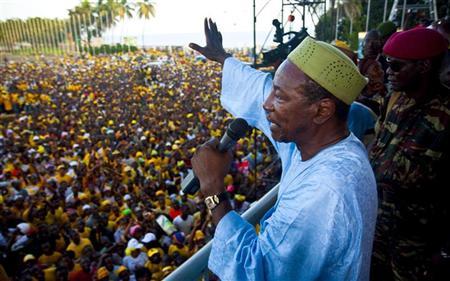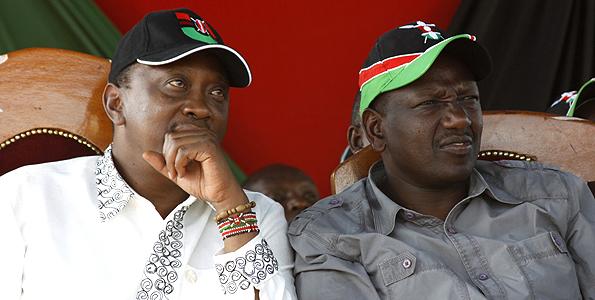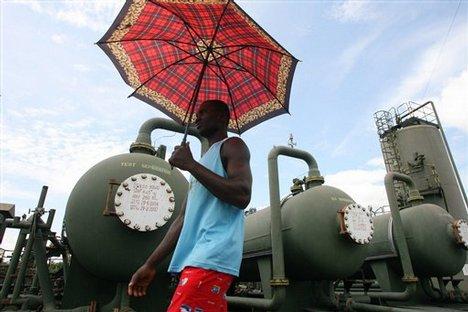Guinea: donor assistance will reduce contract non-payment risks despite continued risks of sporadic violence – By Exclusive Analysis

Guinea stands to gain a large increase in donor assistance in the coming six months, which will reduce non-payment risks. An International Monetary Fund (IMF) mission in November commended economic reforms, such as the removal of a fuel subsidy in October. The IMF forecasts 4% GDP growth for 2012 and is likely to reinstate a formal program for Guinea at its board meeting in January 2012. An EU mission also visited in November and suggested that once the roadmap for the legislative elections is formed, it would disburse some of the $310 million of aid currently being withheld. The rest will likely be released after the legislative polls. Non-payment risks are likely to reduce significantly as both key donors have indicated that Guinea will soon meet conditions for funding. This also indicates that Guinea will be allowed to resume participation in the World Bank and IMF’s HIPC debt relief program, with its debt estimated at 67% of GDP ($4 billion) in 2010.
The legislative elections, previously scheduled for 29 December 2011, have been delayed but are expected to be held in the first quarter of 2012 due to pressure from donors and opposition parties. President Conde originally promised donors to hold the election within six months after taking office in December 2010, which brought to an end military junta and transition rule.
During 2011, the electoral process has been repeatedly disrupted after the opposition staged a series of protests in April and September over what they perceive as Conde’s attempts to control the electoral apparatus in an effort to win a majority in Parliament. However, on 16 December Conde met opposition demands with the suspension of the electoral commission and postponement of the election in order to facilitate dialogue with key opposition leaders, namely Cellou Dalein Diallo, regarding the electoral process. However, the opposition maintains grievances over the detention of hundreds of their partisans since September and the tentative plans to revise the electoral roll.
Despite a high risk of a further period of sporadic violent unrest during the election period, mining revenues will also add to increased donor funding to improve economic activity and decrease non-payment risks in 2012. In September 2011 the government passed a new mining code, culminating in an increase in mining production since the December 2010 return of democratic rule. In the first eight months of 2011 alumina production increased 26% year-on-year and diamonds increased 23% for the same period. Also, a number of iron ore projects are due to come online between 2012 and 2015, including Vale’s Zogota and Simandou projects, as well as Rio Tinto’s adjacent Simandou project.
Exclusive Analysis is a specialist intelligence company that forecasts commercially relevant political and violent risks worldwide.





